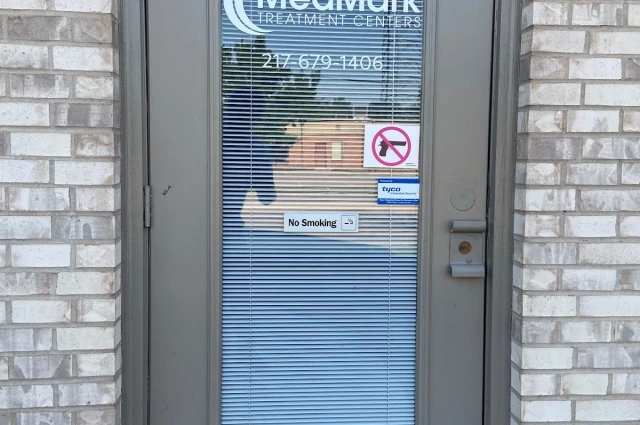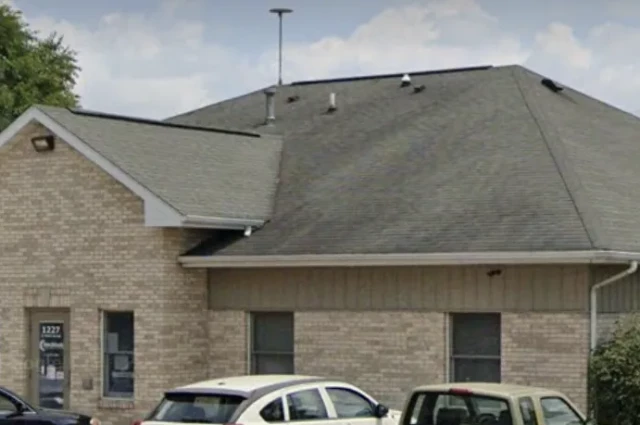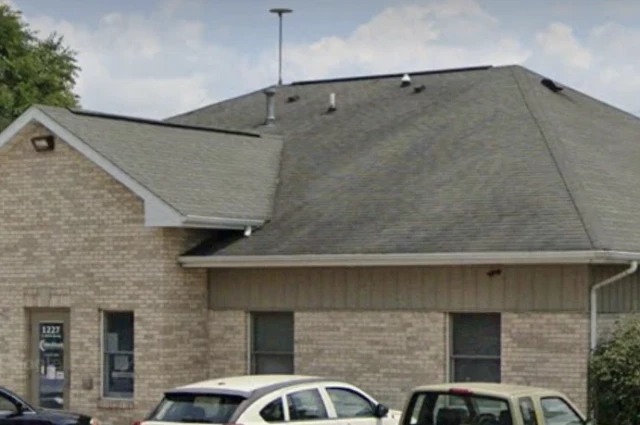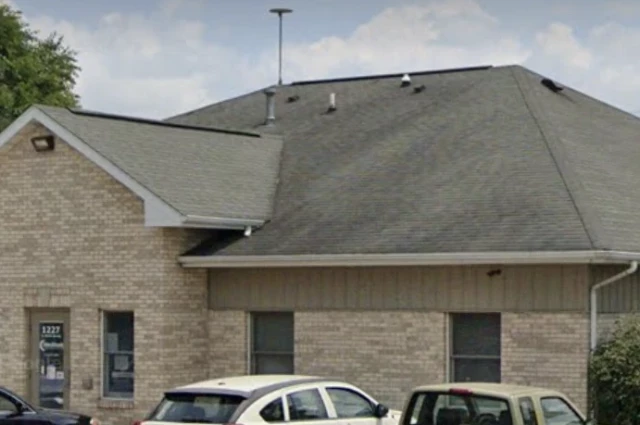Riverwood Group - MedMark Treatment Centers Springfield Information
Treatment
Who We Treat
- Male and Female
Treatment Focus
- Co-Occurring Disorders
- Drug Addiction
- Trauma
- Opioids
Approaches
- Individual Treatment
- Evidence-Based
- Medical
- Group Therapy
- 1-on-1 Counseling
- Meditation & Mindfulness
- Mindfulness-Based Cognitive Therapy
- Relapse Prevention Counseling
Conditions We Treat
- Depression
- Anxiety
- Trauma
- Co-Occurring Disorders
Substances We Treat
- Prescription Drugs
- Heroin
- Opioids
Languages
- English
Aftercare
- Outpatient Treatment
- Drug Screening
- Aftercare Group Therapy
- Continuing Care
Level of Care
- Outpatient
- Aftercare/Continuing Care
Experience
Personal Amenities
- Air-Conditioned Rooms
Smoking and Vaping Policy
- Smoking Allowed in Designated Areas
- Vaping Not Allowed
Accreditations
-
State department of health
Government agencies issue State Licenses, which grant rehabilitation organizations permission to conduct their operations lawfully within specific geographic regions. Licenses needed to operate are typically determined by the type of rehabilitation program offered by the facility and its physical location.

-
Commission on Accreditation of Rehabilitation Facilities (CARF)
CARF accreditation is a prestigious recognition for organizations in rehabilitation and human services. It signifies that an organization meets rigorous quality standards and is committed to providing top-notch care. Achieving CARF accreditation involves a thorough evaluation process, including on-site surveys, to ensure excellence in programs and services. This accreditation boosts an organization's credibility, assures clients and funders of quality, and promotes ongoing improvement in the field of rehabilitation and human services.

-
SAMHSA certification for opioid treatment program (OTP)
Accreditation by the Substance Abuse and Mental Health Services Administration (SAMHSA) for Opioid Treatment Programs (OTPs) signifies that a program has met strict standards for providing high-quality care to individuals with opioid use disorders. It assures patients, families, and communities that the OTP follows evidence-based practices, employs qualified staff and maintains a safe and effective treatment environment. This accreditation reflects the program's commitment to addressing the opioid epidemic and promoting recovery.
-
Drug Enforcement Agency (DEA)
DEA accreditation refers to the process by which a law enforcement agency is recognized by the Drug Enforcement Agency (DEA) as having met specific training, operational, and resource requirements necessary to participate in DEA-led drug enforcement efforts. This accreditation allows the agency to perform DEA-related tasks such as conducting investigations, executing federal search warrants, and participating in joint task forces.
Riverwood Group - MedMark Treatment Centers Springfield Accepts The Following Insurance Plans
Find the best treatment options. Call our free and confidential helpline today!




